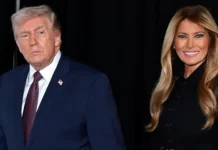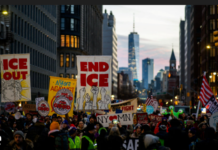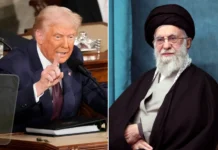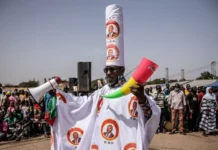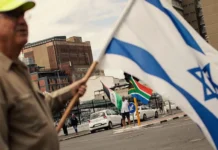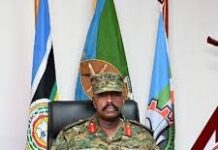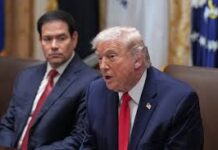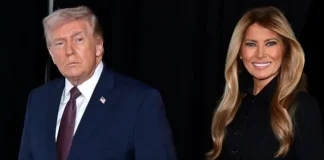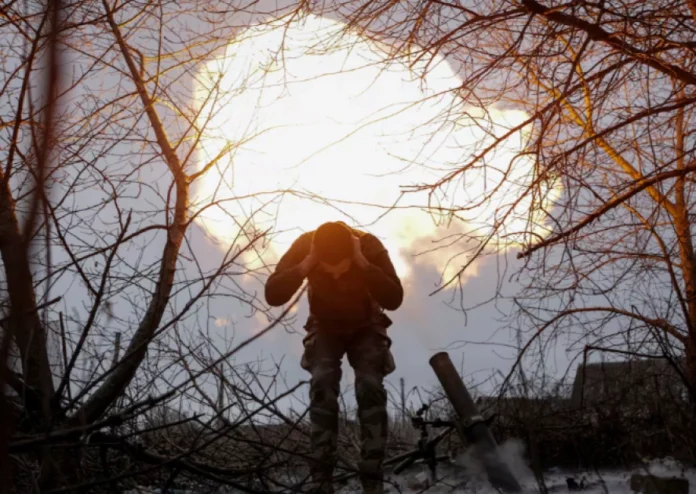
Ukraine and Russia carried out a fresh exchange of captured soldiers on Thursday, continuing a series of prisoner swaps agreed during peace talks held earlier this month in Istanbul.
While neither side disclosed the exact number of prisoners exchanged in this latest round, the June 2 agreement had pledged the release of at least 1,000 soldiers from each side. However, no further peace talks have been scheduled since that meeting.
Ukrainian President Volodymyr Zelensky announced the swap in a message on social media, sharing photos of soldiers wrapped in the national blue-and-yellow flag, embracing and smiling upon their return.
“Today, warriors of the Armed Forces, the National Guard, and the State Border Guard Service are returning home,” Zelensky said.
Ukraine’s Coordination Headquarters for the Treatment of Prisoners of War noted that many of the released troops had been in captivity for more than three years, with a significant number captured during the brutal siege of Mariupol in early 2022, one of the war’s bloodiest battles.
Russia’s Ministry of Defence also confirmed the exchange, stating that its soldiers had been transferred to Belarus and were receiving “psychological and medical care.” In a video released by the ministry, returning Russian servicemen, draped in their national flag, were seen chanting “Russia, Russia, Russia!”
Since Russia’s invasion of Ukraine in February 2022, the exchange of prisoners and the repatriation of war dead have remained rare areas of coordination between the two sides amid ongoing hostilities.
Thursday’s swap underscores the continued humanitarian focus within the broader conflict, though hopes for a sustained diplomatic breakthrough remain uncertain in the absence of new talks.
Written By Rodney Mbua









